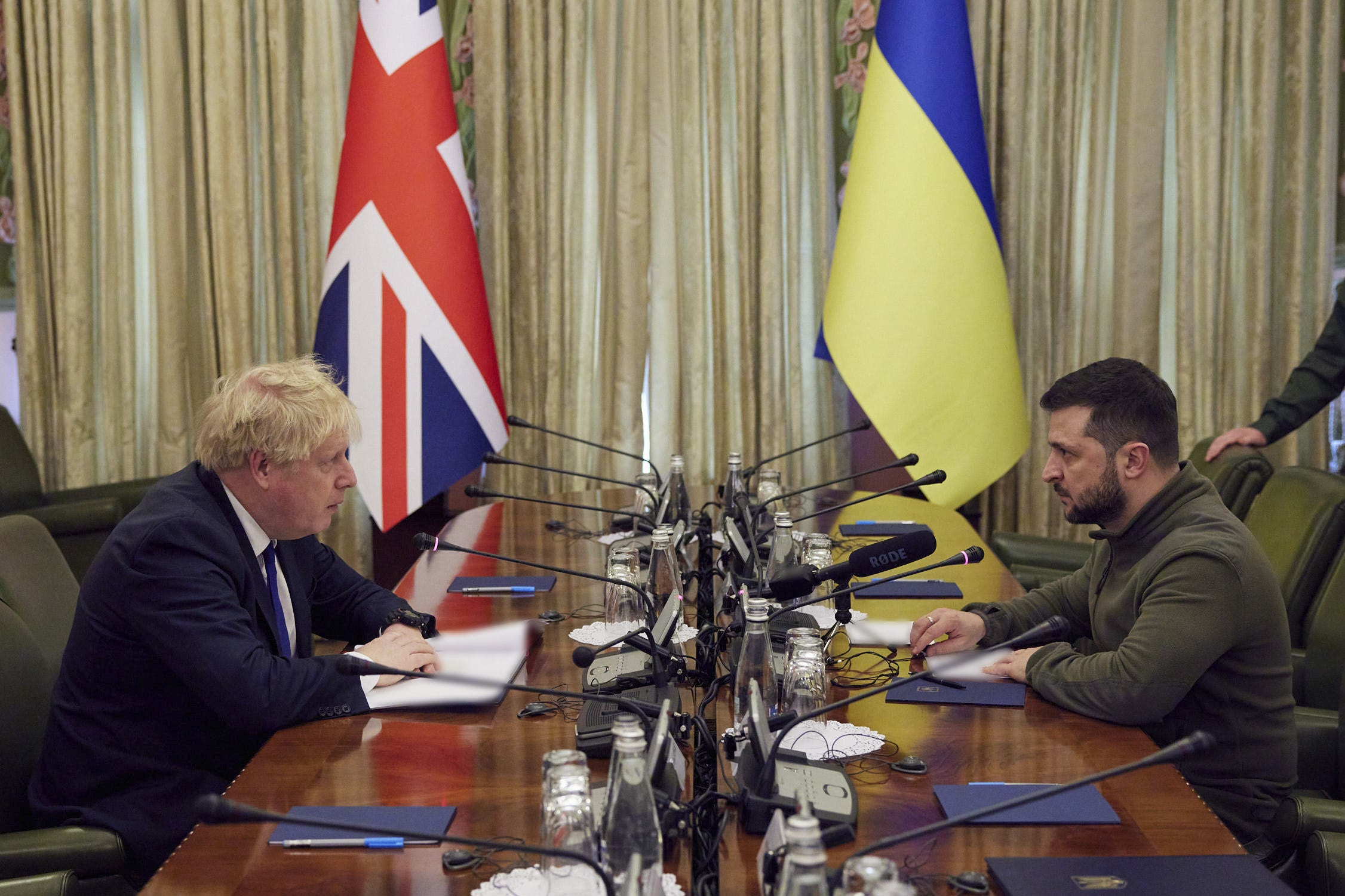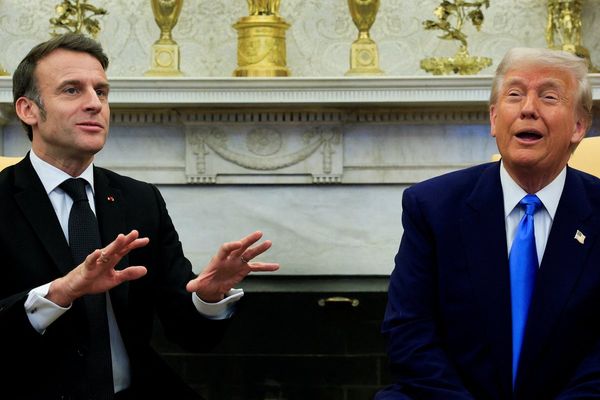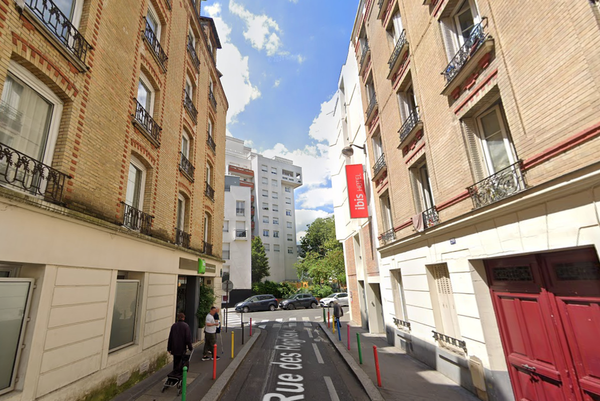
Vladimir Putin is expected to double or even possibly triple the number of Russian troops in the Donbas as the Russian president resorts to a “diminished” invasion strategy, according to Western officials.
The amassing of troops, however, will not necessarily give Moscow an advantage over Ukraine, with Kyiv’s forces having had success in pushing back insurgents in the east of the country, they said.
The Russian leader has been forced to “diminish considerably” the plan in Ukraine, one official said, amid suggestions Mr Putin wants to take the Donbas region before May 9 – when Russia traditionally marks the Soviet Union’s World War Two victory against Nazi Germany with military parades in Moscow – in an attempt to claim victory for his so-called “special operation”.
Another official said: “I would imagine that, at outside estimates, what you’re looking at is a force which is probably the Russians looking to double or even treble the amount of force that they bring into that Donbas area.
The Russians have shown themselves to be not very effective in this invasion as to being able to use their numerical advantage effectively
“But I would note that that is going to take some considerable time to bring them up to that sort of number.
“And even when they bring themselves to that number, there is a question over how effectively they can bring those forces into the battle.
“The Russians have shown themselves to be not very effective in this invasion as to being able to use their numerical advantage effectively to actually bring about a decisive engagement.”
It comes after Downing Street confirmed further details of the Prime Minister’s trip to the Ukrainian capital to meet with President Volodymyr Zelensky.
Boris Johnson held talks with his counterpart over a dinner of roast beef after touring Independence Square on Saturday.
The British leader was in Kyiv for around five hours, and travelled by car, helicopter, military plane and train, according to a No 10 spokeswoman.
Western officials said they hoped that, with Russia’s military regrouping and moving east, more European leaders could travel to Kyiv to show solidarity “on the ground” with Ukraine.
While Russian troops are poorly-led and ill-disciplined, they are also becoming desensitised by the war, an official said, leading to “revolting” behaviour, such as the “targeting of civilians”.
The Foreign Office said it was “shocked” by reports of mass graves being found in the village of Buzova outside Kyiv.
Local officials said bodies showing “evidence of execution” had been discovered following the Russian withdrawal.
Buzova is near Bucha, another town where atrocities were discovered – although Russia has claimed the scenes from the aftermath of its occupation were staged.
The UK will work with allies to “investigate war crimes and ensure justice is done”, a Foreign Office spokesman said.
The next phase of the conflict is expected to see focus shift to the south east of Ukraine, although it is not known when a fresh assault will commence.
Western officials said that 37 to 38 Russian battalion tactical groups are “non-combat effective” – up by almost 10 on last week’s estimate.
The total force available is about 90 battalion tactical groups, with between 700 and 1,000 troops said to be contained in each one.
One official said: “It is clear there is an intent to reinforce the Russian presence in and around those forces, both in and surrounding the Donbas.
“We’re already starting to see some Russian forces continue their attacks into the Donbas, and we are also seeing Ukrainian forces being effective in causing them problems.
“I think the losses that we’ve seen and the scale of losses, regardless of the reinforcing of their forces into the Donbas, it is still unclear how they (Russia) are going to overcome some of the morale issues they will have with their troops.

“And we’ve seen numbers of troops being unwilling to fight and refusing to engage in operations.
“When they do start, with the scale of operations we anticipate in the Donbas, they will also have large logistic lines open up which will be vulnerable potentially to attack by Ukrainian forces.”
Britain is increasingly worried that Russia could use white phosphorus munitions in the bombardment of the besieged Ukrainian port Mariupol.
White phosphorus is used for illumination at night or to create a smokescreen, but when it is deployed as a weapon it causes horrific burns.
Western officials think that, for Russia, bringing about the fall of Mariupol is seen as crucial for both freeing up troops for the fight in the Donbas but also for creating a route north for the Kremlin’s forces as they look to form a pincer movement on Ukrainian defenders in the east.
Meanwhile, the Russian military said it had destroyed a shipment of air defence missile systems provided to Ukraine by the West.
The claim has not been verified.
Russian defence ministry spokesman Maj Gen Igor Konashenkov said the military used sea-launched Kalibr cruise missiles to destroy four S-300 air defence missile launchers on the southern outskirts of the city of Dnipro, which lies in the east of Ukraine.
He said about 25 Ukrainian troops were also hit by the strike on Sunday.







